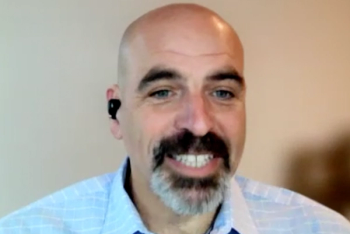
Reducing the distance
While medical science has steadily improved mortality overall, the research suggests that limited access to healthcare services in rural areas creates a gap.
Research from Mississippi State University in 2008 found there is a "nonmetropolitan mortality penalty" in healthcare, evidenced by higher death rates in rural areas since 1990. While medical science has steadily improved mortality overall, the research suggests that limited access to healthcare services in rural areas creates the gap.
According to the National Rural Health Assn. (NRHA), a not-for-profit membership organization based in Kansas City, Mo., rural Americans face a unique combination of factors creating disparities in healthcare not found in urban areas, including economic factors, cultural and social differences, educational shortcomings, lack of legislative representation and isolation.
"Now there are going to be people who have coverage who previously may not have had coverage and are able to seek care," says Dr. Jones, past president of the American Academy of Family Physicians. "Most rural doctors I know are already overwhelmed."
UniCare Health Plan of West Virginia began operating in that state in 2003 after its parent corporation, WellPoint, was approached by the West Virginia Bureau for Medical Services to bring managed care into the state's rural areas.
UniCare focused heavily on federally qualified health centers and rural health centers, which are often "the only game in town" in a lot of rural areas, says Mitch Collins, director of Field Operations for UniCare Health Plans of West Virginia. Of the 55 counties in West Virginia, UniCare has contracted with critical access hospitals in 52 of those counties. The remaining three counties are centered around large, urban facilities.
Newsletter
Get the latest industry news, event updates, and more from Managed healthcare Executive.

























